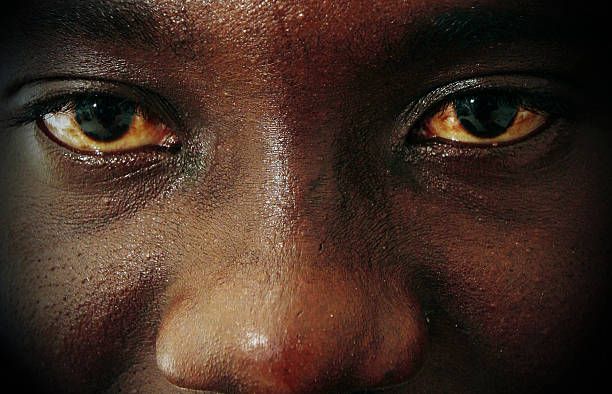Conjunctivitis, commonly known as “pink eye” or “Apollo,” is an inflammation of the conjunctiva, the transparent layer that lines your eyelid and covers the white part of your eye. This condition can affect people of all ages and is particularly prevalent in schools and other communal settings. Understanding pink eye, its causes, symptoms, and prevention strategies is essential for maintaining good eye health and preventing its spread.
Why Should You Care?
Pink eye is usually mild but can be highly contagious, especially among children in schools and at home. In some cases, if left untreated, it can lead to more serious problems. Therefore, it’s crucial to recognize the symptoms early and take appropriate measures to treat and prevent it.
What Causes Pink Eye?

Pink eye can be caused by various factors, including infections, allergies, and irritants. Here are the main causes:
Viral Infections: Often linked to colds, viral conjunctivitis is the most common form. It spreads easily and is highly contagious.
Bacterial Infections: Spread by touching the eye with unclean hands, bacterial conjunctivitis can cause more severe symptoms and requires antibiotic treatment.
Allergies: Allergic conjunctivitis occurs due to a reaction to allergens like pollen, smoke, or other irritants.
Chemical Exposure: Exposure to chemicals such as chlorine in pools or certain cosmetics can cause irritant conjunctivitis.
Sexually Transmitted Infections (STIs): Rarely, pink eye can be caused by STIs such as chlamydia or gonorrhea.
Viral Infections: Often linked to colds, viral conjunctivitis is the most common form. It spreads easily and is highly contagious.
Bacterial Infections: Spread by touching the eye with unclean hands, bacterial conjunctivitis can cause more severe symptoms and requires antibiotic treatment.
Allergies: Allergic conjunctivitis occurs due to a reaction to allergens like pollen, smoke, or other irritants.
Chemical Exposure: Exposure to chemicals such as chlorine in pools or certain cosmetics can cause irritant conjunctivitis.
Sexually Transmitted Infections (STIs): Rarely, pink eye can be caused by STIs such as chlamydia or gonorrhea
Recognize the Symptoms
The symptoms of pink eye can vary depending on the cause, but common signs include:
- Gritty Feeling in the Eyes: A sensation that something is in your eye.
- Itching or Burning Sensation: Often accompanied by redness and irritation.
- Excessive Tearing: Your eyes may produce more tears than usual.
- Discharge from the Eyes: This can be clear, yellow, white, or green, depending on the infection.
- Swollen Eyelids: Inflammation can cause your eyelids to swell.
- Pink or Red Discoloration of the Whites of the Eyes: This is a hallmark sign of conjunctivitis.
- Increased Sensitivity to Light: Your eyes may become more sensitive to light
How to Treat It
Treatment for pink eye focuses on easing discomfort, reducing inflammation, and preventing the spread of the infection. Here are some common treatments:
- Antibiotic Drops: Prescribed for bacterial infections to help clear the infection and reduce symptoms.
- Antiviral Medications: Used for viral infections, although many viral conjunctivitis cases resolve on their own.
- Antihistamine Drops: For allergic conjunctivitis, these drops help reduce allergic reactions.
Warm Compress: Applying a warm, damp cloth to your eyes can soothe irritation and help reduce swelling.
Simple Ways to Prevent Pink Eye

Preventing pink eye involves good hygiene practices and being mindful of how infections spread. Here are some effective prevention tips:
Staying Informed and Vigilant
By staying informed about the causes, symptoms, and treatments of pink eye, you can take proactive steps to protect yourself and others. Here are some additional tips to keep in mind:
- Educate Children: Teach children about the importance of hand hygiene and not touching their eyes, especially in school settings where pink eye can spread rapidly.
- Consult a Doctor: If you experience severe symptoms or if the infection does not improve with over-the-counter treatments, seek medical advice from a healthcare professional.
Conclusion
Pink eye, though often mild, requires prompt attention to prevent it from spreading and causing more severe problems. Recognizing the symptoms early and understanding the causes can help you take effective measures to treat and prevent this common eye condition. By practicing good hygiene and following the prevention tips outlined here, you can keep your eyes healthy and reduce the risk of contracting or spreading pink eye.


